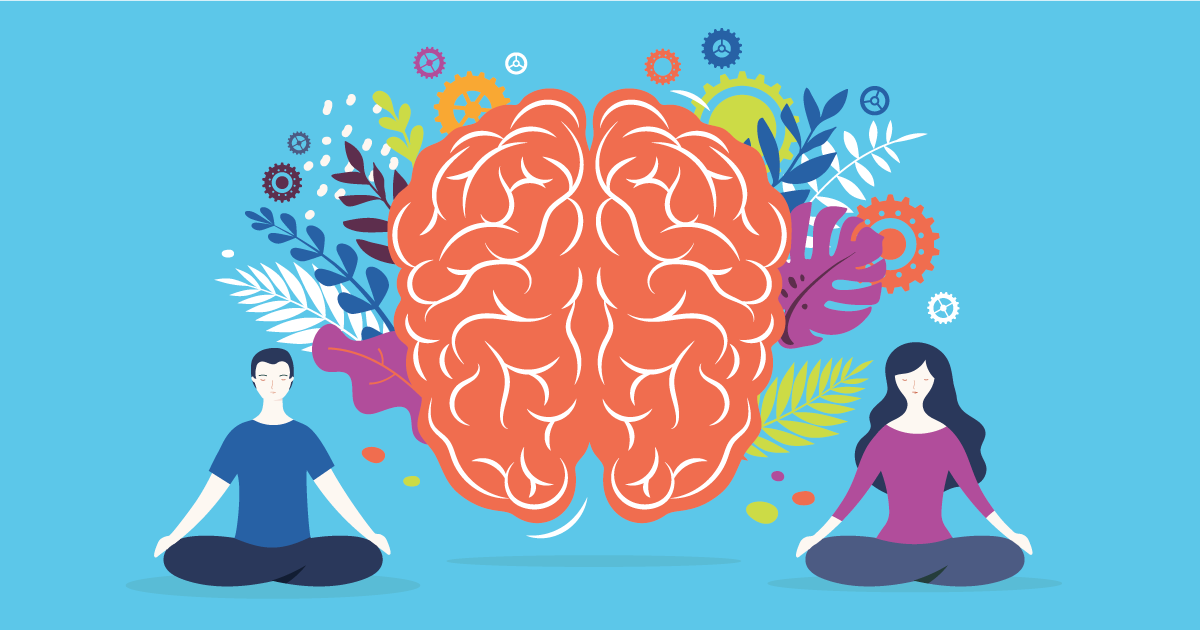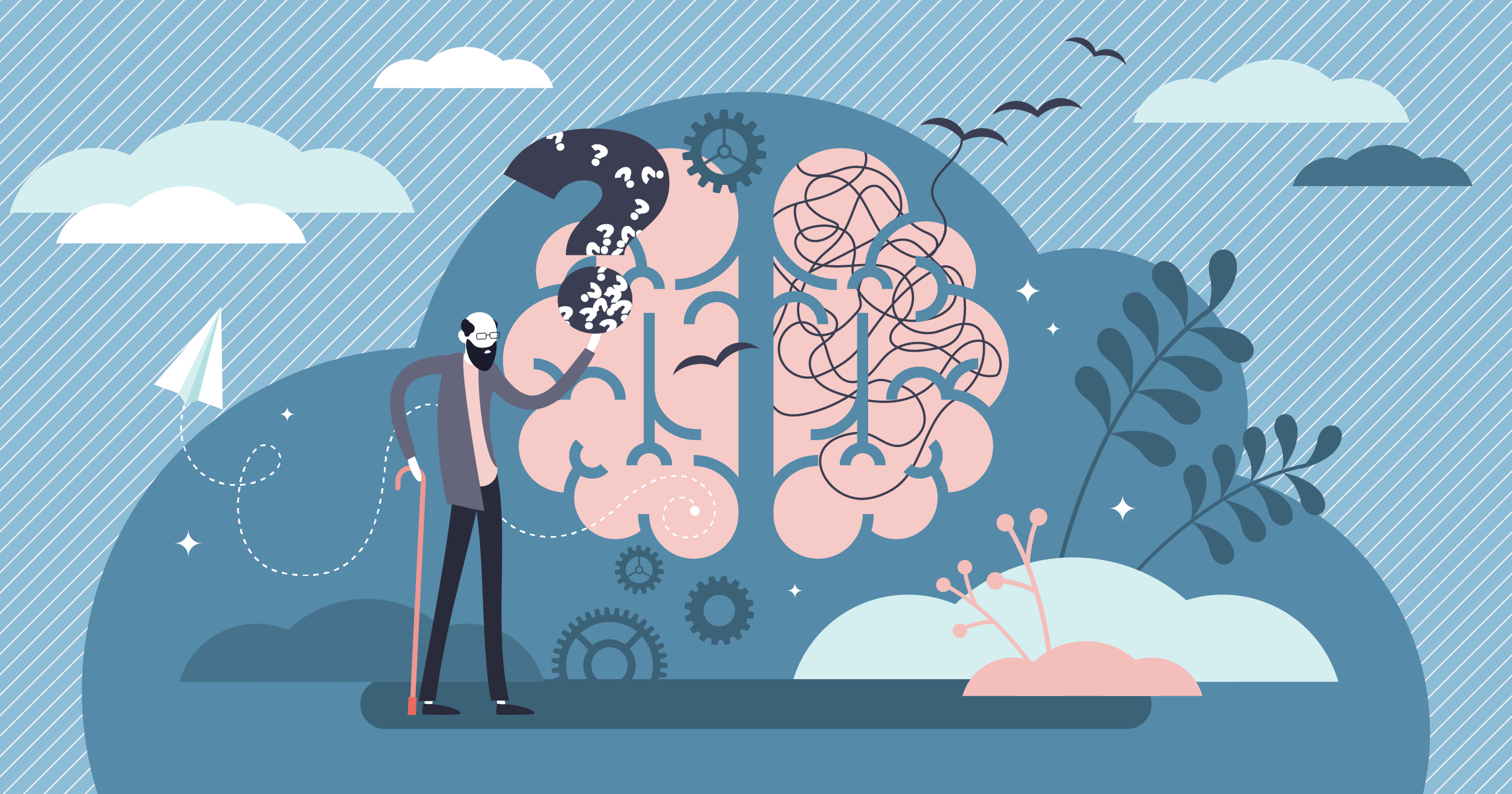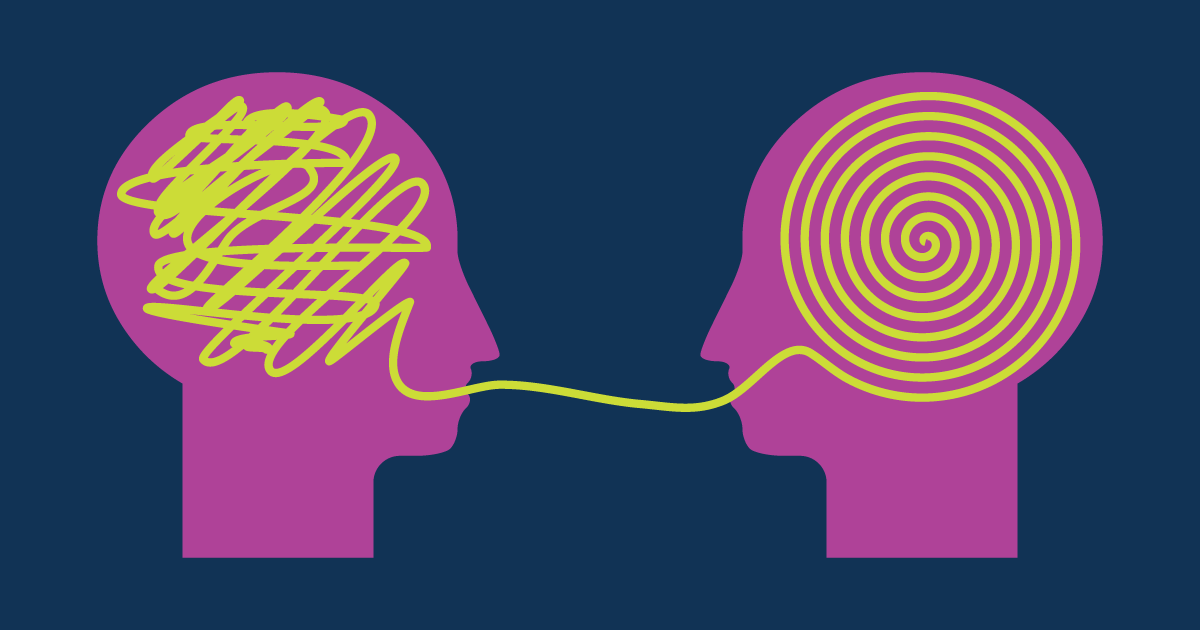Fall is in full swing and winter is right around the corner.
With the shorter days and longer nights, some people suffer from seasonal depression referred to as Seasonal Affective Disorder (SAD) – a form of depression that is triggered by lack of sunlight.
Symptoms of seasonal depression include:
- Fatigue
- Increased sleep
- Difficulty getting up in the morning
- Feelings of guilt
- Feeling sluggish
- Lack of concentration
- Lack of social interaction
- Lack of appetite or increased appetite
- Lack of interest in usual activities
- Increased irritability
For many, symptoms begin at the start of fall and gradually worsen throughout the winter months; symptoms usually ease in spring.
**Always consult your health care provider if you experience any of the above symptoms.
The shorter days in winter cause certain changes in the body such as:
- Circadian Rhythms.
Your internal clock that regulates your sleep cycle can be disrupted by longer nights, leaving you feeling groggy and sleepy when you’d normally feel awake and alert. - Melatonin Production.
When the sun goes down, your body begins to produce melatonin, and as the sun comes up that production decreases. During winter, as the amount of “dark time” increases, so does the amount of melatonin your body produces, making you feel fatigued and low on energy and motivation. - Serotonin Production.
Reduced sunlight lowers your body’s ability to produce serotonin, which regulates your mood. Too much of a deficit leads to depression and interrupts sleep cycles, creates memory issues, and lowers appetite.
If you have a case of the winter blues, these tips may help:
- Exercise.
Exercise has many amazing benefits. When we exercise, we release endorphins which increase feelings of wellbeing. - Exercise helps by:
- Increasing metabolism
- Increasing energy levels
- Reduces pain
- Increases self-esteem
- Improves sleep
- Reduces anxiety symptoms
Try incorporating some of these into your daily exercise routine for an extra boost:
- Low impact aerobics
- Walking
- Dancing
- Stretching
- Yoga
- Tai Chi
- Swimming
- Strength training
Get sunlight.
Natural sunlight is one of the best medicines. Making a point of going outside and exposing yourself to sunlight, even in small doses, helps boost serotonin and improves your mood.
- Take a short walk.
- Drink your morning coffee on your porch.
- Open your blinds and sit near the window.
- Get a sun lamp for indoors if you can’t get outside
Maintain relationships.
Close relationships can reduce isolation and help you manage your feelings.
- Participate in social activities as often as possible.
- Reconnect with old friends or start new friendships.
Eat the right diet.
Small, well-balanced meals help keep energy levels regulated and helps improve your mood.
- Oatmeal, whole grains, and bananas boost serotonin without sugar crashes
- Fresh fruits and vegetables contain nutrients to help you feel great
- Foods rich in Omega 3s improve mood and boost energy
Deal with Stress appropriately.
Figuring out your stress triggers and making a plan to handle them is important in maintaining mood and energy.
- Do something you enjoy every day. Hobbies, dancing, painting or anything that makes you smile is important to boosting your mood and busting stress.
- Practice daily relaxation. Progressive muscle relaxation, yoga or using BrainTap are great ways to relax every single day. BrainTap is specifically designed to reduce your stress and boost mood in just 20 minutes a day. Learn more here.
Even if you don’t suffer from seasonal depression, making sure you’re focusing on your health and wellbeing during the winter months will lead to a happier, healthier YOU all year long.



